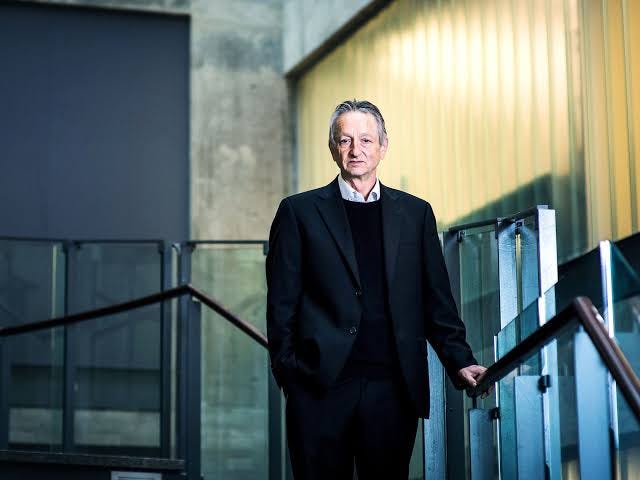The Legend Geoffrey Hinton
Geoffrey Everest Hinton CC FRS FRSC is a British-Canadian cognitive psychologist and computer scientist, most noted for his work on artificial neural networks.
WE CAN CONNECT ON :| LINKEDIN | TWITTER | MEDIUM | SUBSTACK |
Geoffrey Hinton is a Canadian computer scientist and a pioneer in the field of artificial intelligence (AI) and deep learning. He is known for his groundbreaking work in neural networks, which has been instrumental in the development of modern deep learning algorithms.
Hinton was born on December 6, 1947, in London, UK, and grew up in Edinburgh, Scotland. He earned his undergraduate degree in experimental psychology from the University of Edinburgh in 1970 and went on to pursue a PhD in Artificial Intelligence at the University of Edinburgh, which he completed in 1978.
After completing his PhD, Hinton moved to the United States to work at the Artificial Intelligence Center at SRI International in Menlo Park, California. He later became a professor at the University of Toronto, where he founded the Machine Learning Group and worked on developing neural networks, which are models inspired by the structure and function of the human brain.
One of Hinton's most significant contributions to the field of deep learning is the development of the backpropagation algorithm, which is used to train neural networks. Backpropagation involves calculating the error in the output of a neural network and propagating it back through the network to adjust the weights of the connections between neurons. This process enables the network to learn from its mistakes and improve its performance over time.
Hinton's work on neural networks and deep learning has been instrumental in the development of many modern AI applications, including speech recognition, image recognition, and natural language processing. His research has also helped to lay the foundation for the development of autonomous vehicles, virtual assistants, and other advanced technologies.
In 2012, Hinton and his team achieved a major breakthrough in image recognition with the development of the deep convolutional neural network (CNN). CNNs are a type of neural network that use convolutional layers to detect patterns and features in images, and have since become the standard approach for image recognition tasks.
In addition to his research contributions, Hinton is also known for his efforts to promote the responsible use of AI and to raise awareness about the potential risks and challenges associated with its development. He has been a vocal advocate for ethical AI and has spoken out about the need for regulation and oversight to prevent the misuse of these technologies.
Hinton has received numerous awards and honors for his contributions to the field of AI, including the Turing Award in 2018, which is considered the highest honor in computer science. He has also been named a Fellow of the Royal Society, a Fellow of the Association for Computing Machinery (ACM), and a Fellow of the Royal Society of Canada, among many other honors.
In a tweet Monday, Hinton said he left Google so he could speak freely about the risks of AI, rather than because of a desire to criticize Google specifically. “I left so that I could talk about the dangers of AI without considering how this impacts Google,” Hinton said in a tweet.
If you have found this article insightful
It is a proven fact that “Generosity makes you a happier person”; therefore, Give claps to the article if you liked it. If you found this article insightful, follow me on Linkedin and medium. You can also subscribe to this newsletter to get notified when I publish articles. Let’s create a community! Thanks for your support!




